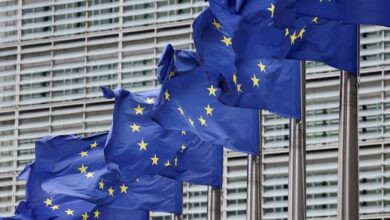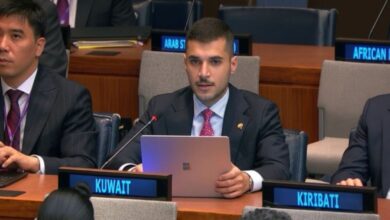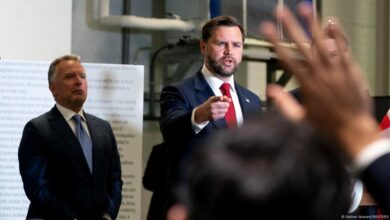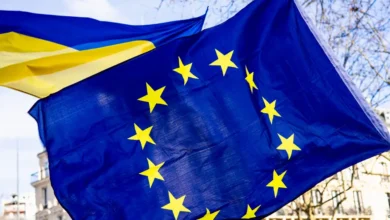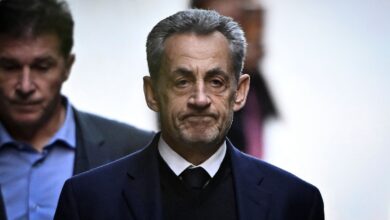Role and status of the President of Tajikistan in National Unity
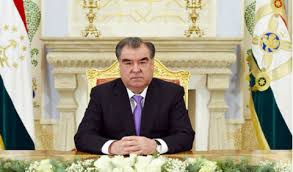
By H.E. Zubaydzoda Zubaydullo
Ambassador, Republic of Tajikistan to the State of Kuwait
The National Unity is a foundational principle for the peace, stability, and sustainable development of any sovereign state. In Tajikistan, a country that experienced a brutal civil war shortly after gaining independence in 1991, national unity is not just a concept; it is a lived experience and a hard-won achievement. At the heart of this transformation stands the Founder of Peace and National Unity, Leader of the nation, President of the Republic of Tajikistan honorable Emomali Rahmon, who has played a pivotal role in uniting the nation and securing peace.
This thesis explores the constitutional, political, and symbolic role of the President in promoting and sustaining national unity, especially in the context of National Unity Day, celebrated annually on 27 June to commemorate the signing of the General Agreement on the Establishment of Peace and National Accord in 1997.
After the collapse of the Soviet Union, Tajikistan was thrust into a period of political instability, economic hardship, and violent conflict. The Tajik Civil War (1992–1997) was a devastating internal conflict that fragmented society along political, regional, and ideological lines. During this time, the role of the central government diminished, and the legitimacy of state institutions was severely undermined.
The emergence of honorable Emomali Rahmon as Chairman of the Supreme Council in 1992 and later as President was a turning point. His leadership became a symbol of statehood and order amid chaos. The negotiation process, facilitated by international mediators, culminated in the General Agreement signed on 27 June, 1997 in Moscow, ending the civil war and initiating a new era of reconciliation and reconstruction. This agreement laid the groundwork for National Unity Day, now a cornerstone of Tajikistan’s national calendar.
According to the Constitution of the Republic of Tajikistan, the President is the Head of State and the guarantor of the Constitution, the rights and freedoms of citizens, and the unity of the nation (Article 64). These responsibilities are not merely symbolic, but are reinforced through legal and institutional frameworks that empower the President to act decisively in matters of national importance.
The symbolic role of the President as a unifying figure is constantly reaffirmed through national discourse, political events, and state rituals. National Unity Day itself is often marked by presidential speeches, national celebrations, and public events emphasizing peace, stability, and development. The image of the President is closely tied to the idea of peace and reconciliation, positioning him as a father of the nation and a symbol of unity.
In recognition of his decisive contribution to ending the civil war, preserving territorial integrity, and unifying the country, honorable Emomali Rahmon was awarded the official title Leader of the Nation’ in 2015 by the Law of the Republic of Tajikistan. The conferral of this title reinforced his enduring status as a unifying and stabilizing force in Tajikistan’s modern history.
The leadership of President Emomali Rahmon during and after the civil war demonstrated a strategic commitment to peacebuilding. The 1997 Peace Agreement required significant concessions from both sides, and the President was instrumental in ensuring the implementation of this agreement. He oversaw the reintegration of opposition forces, promoted amnesty, supported the return of refugees, and restructured national institutions to include representatives of various factions.
His administration also worked to promote a national identity that transcended ethnic, regional, and ideological differences. Education reforms, cultural initiatives, and infrastructure projects were undertaken with the stated aim of reinforcing unity and common purpose. In this way, the President’s role extended beyond conflict resolution into long-term nation-building.
The status of Leader of the Nation further institutionalized his peacebuilding legacy, and under this title, he has continued to guide national policy and societal development, often emphasizing the values of harmony, tolerance, and patriotism.
National Unity Day is not only a commemoration of peace, but also an annual reaffirmation of collective identity. The celebration involves participation from all segments of society, including students, veterans, intellectuals, and political leaders. The President’s central role in these celebrations underscores his symbolic status as the architect of unity.
The annual presidential address on 27 June is a key political event, often used to reflect on national progress, reaffirm the importance of unity, and set the tone for future development. These speeches also serve to remind the public of the dangers of division and the value of national cohesion, thereby reinforcing the legitimacy of the current political order.
Everyone knows and admits that without the President’s leadership in the 1990s, Tajikistan may not have survived as a unified and sovereign state. The challenge moving forward is to balance strong presidential leadership with inclusive governance and democratic accountability.
The President of the Republic of Tajikistan holds a unique and powerful role in the country’s journey toward national unity. As a constitutional authority, peacebuilder, and symbolic leader, President honorable Emomali Rahmon has been central to Tajikistan’s post-war transformation. National Unity Day serves as both a commemoration of past sacrifices and a celebration of current achievements, with the President at the heart of its meaning.
His recognition as Leader of the Nation formalized this role and enshrined his contribution to unity in the country’s legal and historical framework. Going forward, sustaining national unity will require continued leadership, social cohesion, and democratic development. The legacy of presidential leadership in establishing peace must now evolve into a broader societal commitment to inclusivity, justice, and shared prosperity.













